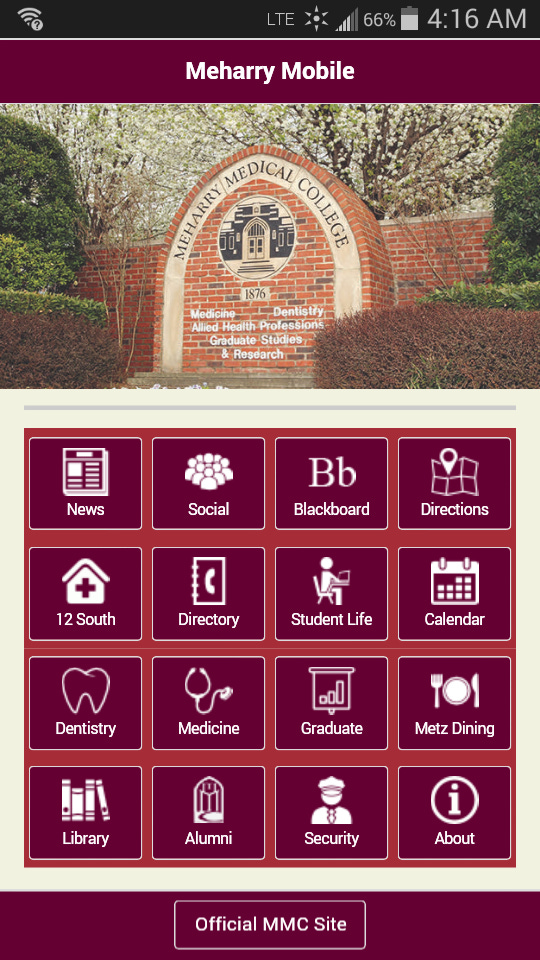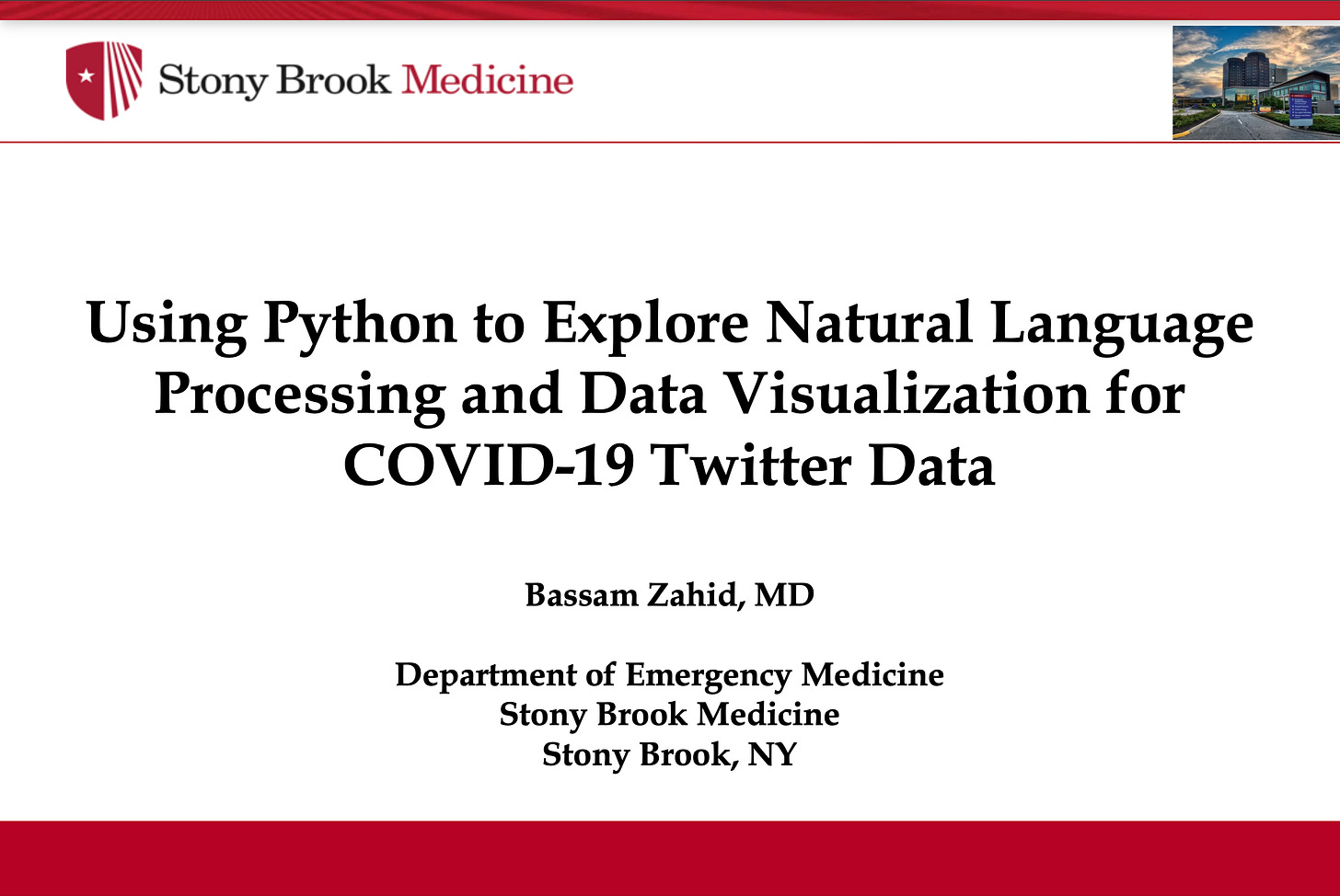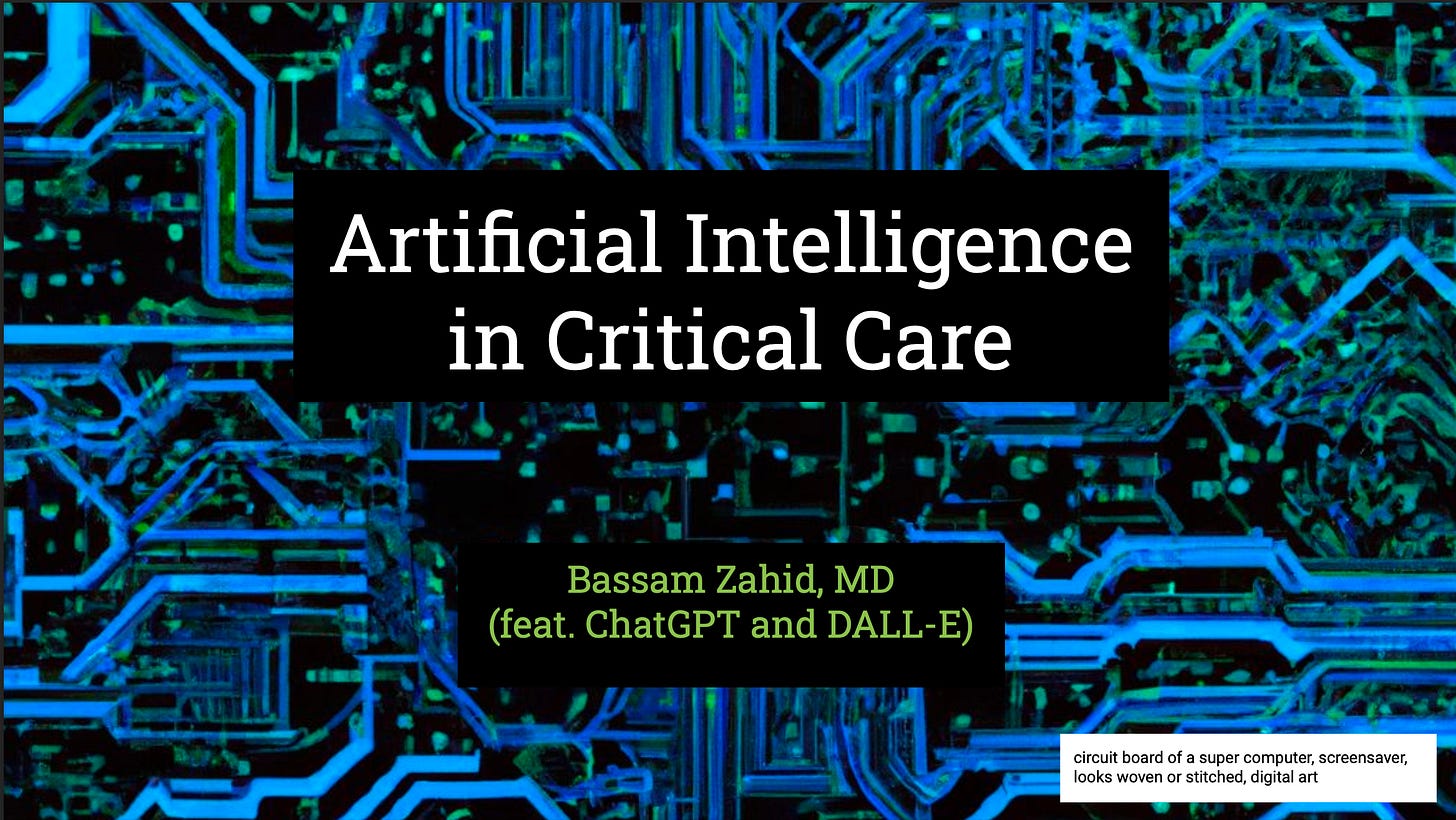
So Good They Can’t Ignore You
In the book So Good They Can’t Ignore You, the author, Cal Newport, upends the typical and naive narrative that following one’s passion will bring happiness or a compelling career. Instead, he argues that the people with the most interesting and creative jobs find it by first developing mastery in unique skills through deliberate practice. Often passion emerges after a person starts to show proficiency, even if it was not present before.
Newport recommends having a craftsman’s mindset. Instead of thinking what can a job offer you (a passion mindset), ask yourself how can you improve and what value can you create in your work. By taking the time to develop and then leverage honed skills, by giving yourself the reps to be “so good they can’t ignore you,” not only will passion evolve but you will also find the opportunities to craft the career and work that you want.
Newport notes that happiness in work come from having impact, creativity, and control. In order to do that, one must develop capital (proof of ability, knowledge, output) and skill. What ties everything together is having a unifying mission that gives meaning to the tedious effort, the slow progress, and the deliberate practice.
My Mission Statement
The modern health executive or leader will have to demonstrate mastery in clinical medicine, technology, and business. AI is already transforming healthcare, and its impact will be beyond the basics of ChatGPT and large language models. My goal is to self-educate myself on the computer science, both theory and application, that underlie artificial intelligence, so that I can better wield it as a tool to develop applications, lead projects, and, ultimately, treat patients. I am starting this newsletter to document my journey and to build my skill and capital.
Further, this newsletter is an attempt to merge my deep interests in multiple, seemingly unrelated subjects into unified output. Medicine and artificial intelligence will be the unifying themes, but along the way, we will touch upon how they relate to art, design, literature, entrepreneurship, data science, economics, philosophy, and so much more. I am excited and curious to see where this might lead.
But before we get to the future, let me share a little about how I taught myself to code, in fits and starts, while also becoming a doctor in the last ten years.
Version 1.0 - Coding got me into medical school
Ten years ago, I taught myself to code in C after I read a book on the history of math called Here’s Looking at Euclid by Alex Bellos. It is often difficult for me to point to a truly impactful book, but, in retrospect, this book certainly changed me. It taught me to the beauty of the golden ratio and pi, exposed me to the concept of fractals, which later led me to the notion of complexity, and demonstrated that computer science was simply logic, and therefore, something I could learn.
During that time, society was in the midst of the app and startup boom, and I badly wanted to enter the foray. I somehow discovered Harvard’s famous CS50 “Introduction to Computer Science” course. Everything was available for free on the course website, so I watched the lectures, downloaded the software, read a textbook, and completed all the exercises. Because I had an Android cell phone, I repeated the journey with Stanford’s CS106A course “Programming Methodology” in order to learn Java.
One year later, I built an Android flash card app (which I called “Synapse”) and I am convinced it was the reason I was accepted to medical school. Although I never released it (Anki was far superior), I brought it to my last interview of the application cycle and showed it off to the admissions director. The app represented my last ditch effort to get in. And somehow it worked.
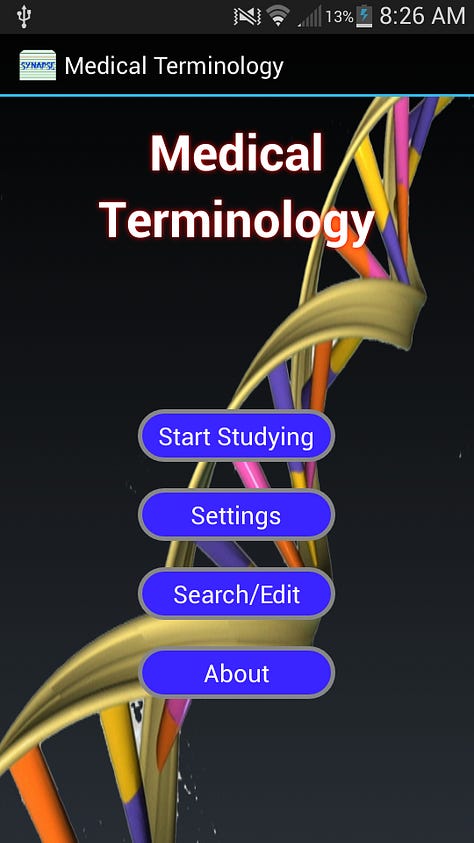
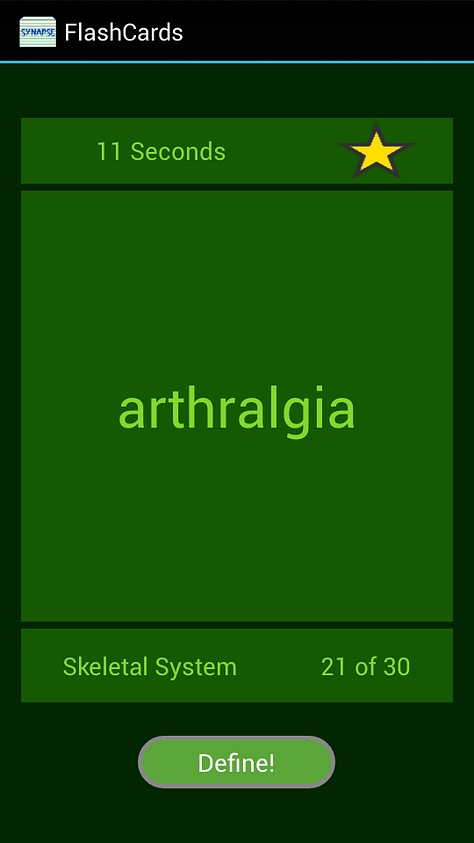
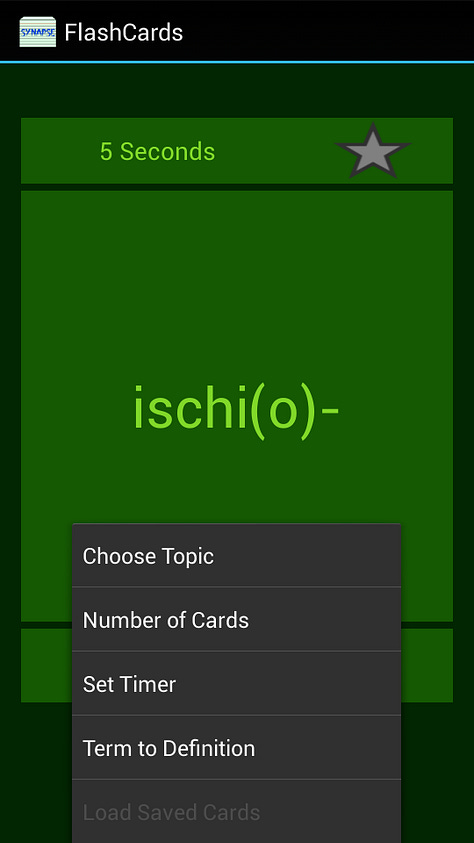
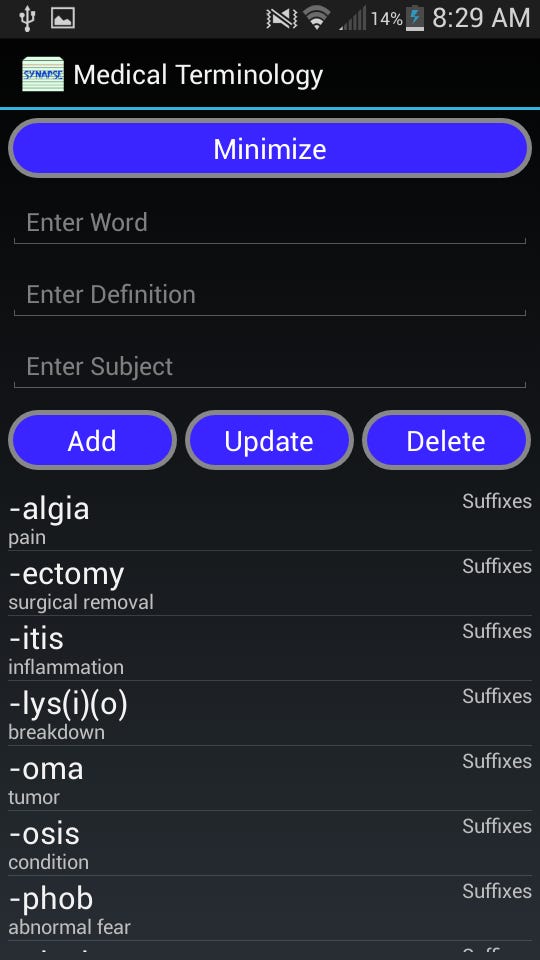
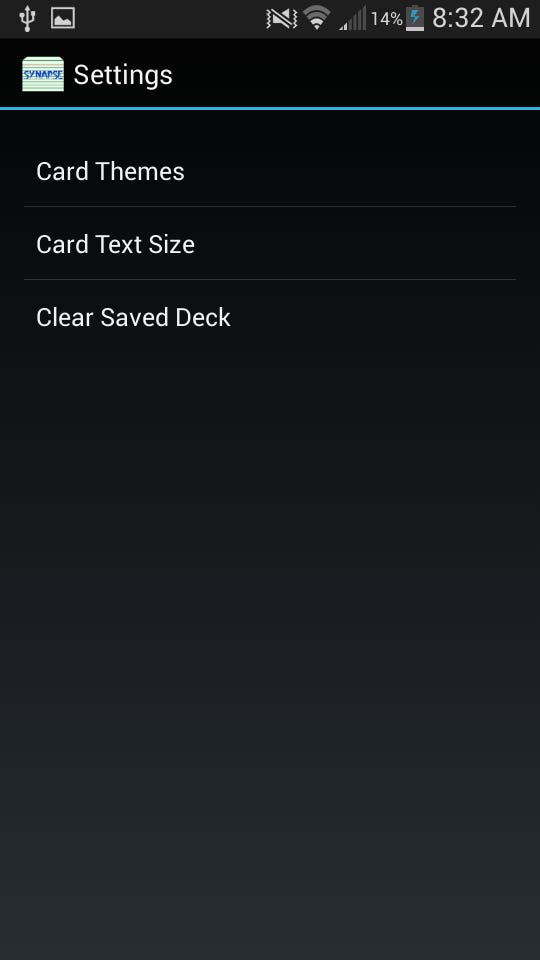
Version 2.0 - Can I call myself a software engineer?
Once in medical school, during my second deep dive into computer programming, serendipity led me to join a team of students who were working on building an app for the college. We used HTML, CSS, and Javascript with Phonegap and jQuery to deploy on iOS and Android. I even got paid to do it. (As an aside, does that mean I can call myself a software engineer?)
By this point, the drive to create a career that integrated healthcare, entrepreneurship, and technology was undeniable. I started an health and technology interest group on campus, held app prototyping competitions, taught basic code to medical students, and invited start ups to give talks on campus.
However, medical training is relentless. I entered into emergency medicine residency with plans to continue, but that turned out to be a dream. The demanding clinical schedule and COVID-19 pandemic took priority and I stopped thinking about computer science.
Version 3.0 - Leveling up with Python
But in my last year of residency, my schedule lightened and I began my third attempt at computer science mastery. This time, I followed along Harvard’s CS50 Python and CS50 Web Programming because of the former’s ease-of-use and application to machine learning and the latter’s practicality when developing web apps. For my residency project, I followed a natural language processing tutorial using NLTK and conducted a very simple sentiment analysis on COVID-19 Twitter data.
After graduating residency, my medical training dominated my life again. I started a critical care fellowship and once again forgot about code for two years. I followed the developments of OpenAI and ChatGPT peripherally, and gave a lecture on the application of artificial intelligence in critical care medicine, but the schedule was too busy to do much more. I occasionally tinkered with Python, but any deep work was impossible.
Version 4.0 - It’s time to do this for real
Which finally brings me to the present, a full decade after my computer science and medical education began. My education in both fields began at roughly the same time, so they are intertwined in my life. Today, we are now in the midst of another technological boom with AI at the forefront instead of mobile apps. This time, unlike with apps and podcasts, I’m determined not to get left behind.
In the past two months, I have been brushing up on Python and full-stack web development with React, Express, Node, and MongoDB. As an attending, I finally have the time to start writing, coding, and learning again. Slowly, I am making the transition to learning about AI, product development, and creating a portfolio for my medicine and tech projects.
The Plan
Every month, I plan to publish three free articles, the main course, if you will: an essay, a book review, and a data science or AI project I am working on. The fourth week’s publication will be dessert and only available to subscribers, where I’ll share ideas, resources, tutorials and even useful mini computer programs that I discover or develop.
Further, I have started a online bookstore called Hippocrates Books, which is affiliated with Bookshop.org. While this is a separate endeavor that seeks to promote great books and narratives by patients and providers, there will be a section (scroll to the bottom!) that features books that I highlight in this newsletter. By subscribing to the newsletter (think of it as having coffee with me!) and buying books from my bookstore, not only will you be supporting and inspiring my efforts, but you will also be supporting independent bookstores that are part of the Bookshop community.
I hope you subscribe and reach out to connect. I am looking forward to meeting and learning from you all!


